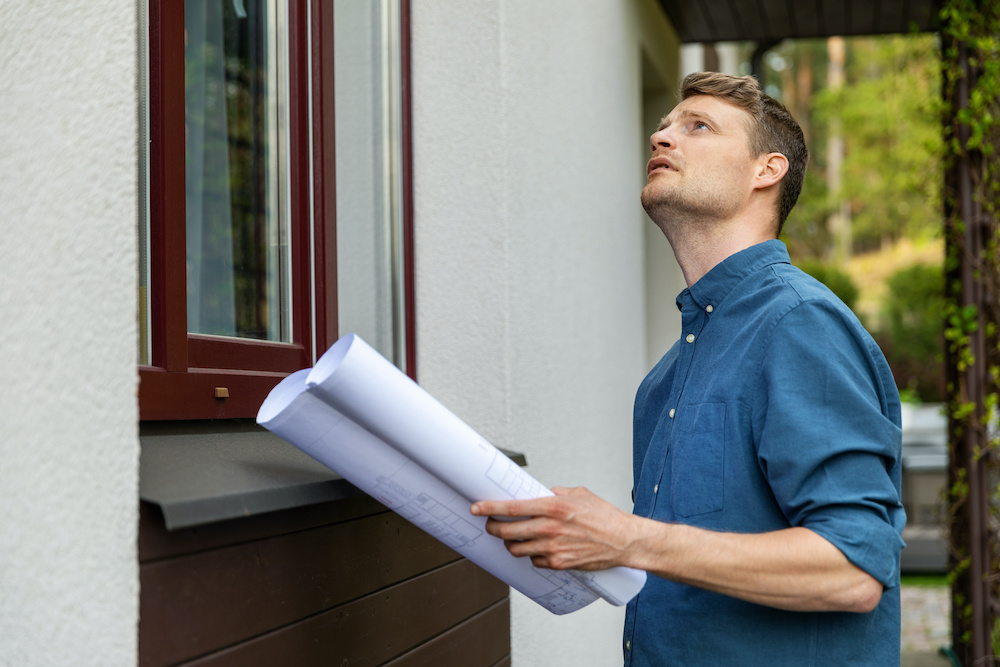Incorporating AI into the Real Estate Appraisal Process

The prospects of a third year of COVID, overwhelming housing demand, a shortage of appraisers, increased loan costs, and longer closing periods are putting new importance on incorporating artificial intelligence into the real estate appraisal process. But that’s only if it’s done well.
In October, attendees to the Mortgage Bankers Association’s annual convention erupted into cheers on news the FHFA would allow remote appraisals for purchase loans starting in early 2022. First implemented at the onset of the pandemic, the use of automated valuation models (AVMs) and other desktop appraisals drawn from public records and digital property intelligence will now be permanent.
The move couldn’t come a moment too soon. According to the Appraiser Institute, more than 10,000 appraisers have left the industry over the last nine years, and half of those who remain are approaching retirement age. A red hot housing market and a lack of appraisers—especially in rural and high-volume areas—is driving appraisal prices as high as $800 and putting pressure on turnaround times. And that can be potentially catastrophic for transacting parties seeking a clear and accurate read on property valuation, quickly and cost-effectively.
Yet while technology is the solution, that’s only so long as it increases the accuracy and speed of the valuation process for more profitable decision-making. That’s where incorporating modern AI technology into the appraisal process comes in.
The Rise of AI-based Remote Real Estate Inspections
AI-based remote real estate inspection technologies can facilitate equivalent valuations in shorter turn times and reduce the disparity in supply and demand for appraisals.
Today’s most robust solutions leverage high-resolution aerial imagery, machine learning algorithms, and computer vision to deliver near-real time property condition data on more than 100 million unique properties nationwide. This includes details such as the type of roof construction and its condition, the presence of solar panels, whether there are overhanging trees, the overall size of the property, and whether the property has a pool, yard debris, and more—all characteristics that were not covered by traditional property records and previously required an in-person visit.
Appraisers, lenders, investors, underwriters, and others gain access to current and accurate property condition data with the speed and coverage of traditional property record data. And when paired with AVMs, artificial intelligence-based remote inspection services provided by objective sources can dramatically enhance the utility and accuracy of desktop property intelligence tools.
In real-world implementations, for instance, AVMs augmented with AI-based property condition data have shown a 7.7% improvement in PPE10 predictions of on-market valuations.
Modern AI technology has the ability to facilitate objective property appraisals on-demand at infinite scale, automating manual work while also increasing the quality, availability, and timeliness of traditional appraisals—especially in rural and high-volume regions. But that’s not all.
Appraisers + Algorithms: Achieving the Perfect Balance
The expertise of professional appraisers is extraordinary and valuable—when you can get it. While it is the matter of price and scale that present the greatest challenges to those who must rely on real estate appraisals in real estate decision-making, it is not the only consideration. But only time and experience will imbue a beneficial subjectivity in the next generation of professional appraisers.
By incorporating machine learning and artificial intelligence into the real estate appraisal process, in-person inspection can be reserved for situations where there is a critical need. With enough breathing room, today’s experts can train tomorrow’s leaders on the job, without being overtaxing their abilities and schedules due to today’s high-volume demand.
With any luck, we’ll all get the best of both worlds—AI-powered remote inspection and expert appraisers applied where needed most—for faster, smarter, more profitable real estate decisions all around.
Behind the curve on adopting artificial intelligence technologies that can supercharge the appraisal process with real time, on-demand property condition data? We can help you get started fast—request a demo at capeanalytics.com
Aggregate Statistics Created Using Data Produced from Nearmap Imagery

